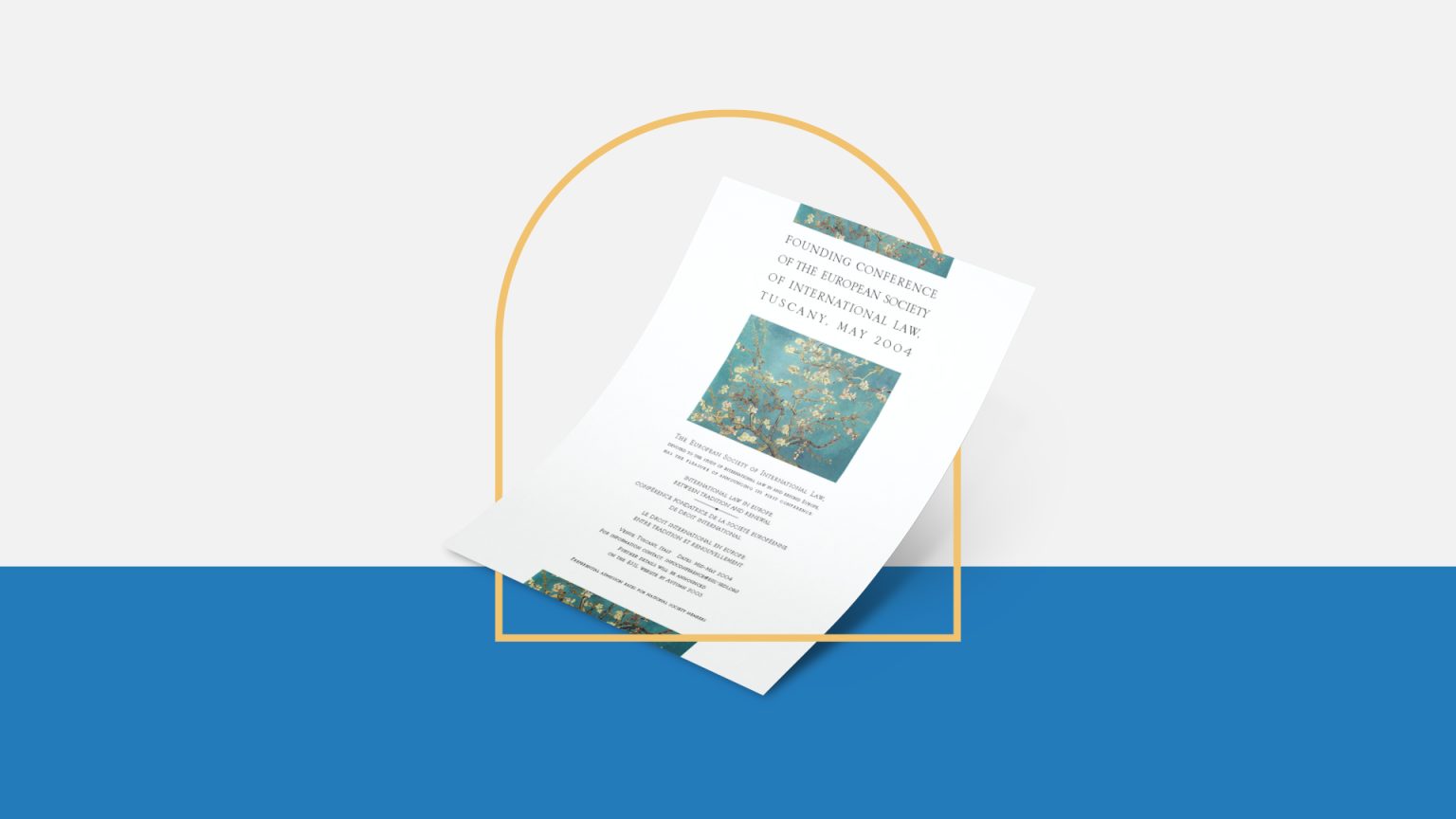Europe has always been at the centre of international law, even if its legacy has been mixed. Some theorists have long written glowingly about the ‘European tradition in international law’, and highlighted the unique contributions which it has made to the field. Europe’s critics have derided it for its aspirations to universality in this area partly on the grounds that it’s focus has been quintessentially European and not universal, and partly that it has all too often been motivated by its own self interest. But whatever the perspective, the historical contribution has been great. European theorists have been central to the evolution of the discipline, and promotion of an international rule of law continues to feature prominently in much of Europe’s foreign policy.
It is all the more surprising then that there has never been a single umbrella under which all of Europe’s international lawyers could come together. In this sense, the inaugural conference of the European Society of International Law in Florence in 2004 marked a genuine milestone. It was the culmination of an ideal which has long been talked of but has never been brought to fruition. The actual preparatory process started in 2001 at a meeting convened by the editors of the European Journal of International Law (Philip Alston, Antonio Cassese, Pierre-Marie Dupuy, Bruno Simma and Joseph Weiler) in conjunction with Hanspeter Neuhold and was guided by a Steering Committee, within which Philip Alston played a major role in ensuring that the process bore fruit. The fact that the enlargement of the European Union from 15 to 25 members took place in the same month as the Conference added increased symbolism to the event.
The report below provides an account of the conference and of some of its highlights.
